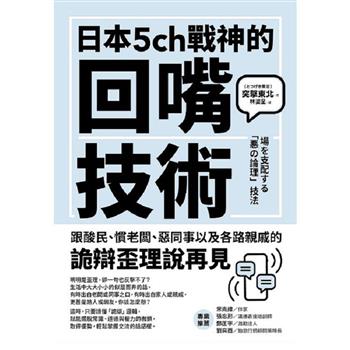The cultural practices of hip-hop have been among people’s favorite forms of popular culture for decades. Due to this popularity, rap, breaking, graffiti, beatboxing and other practices have entered the field of education. At the intersection of hip-hop and music education, scholars, artists, and educators cooperate in this volume to investigate topics such as representations of gangsta rap in school textbooks, the possibilities and limits of working with hip-hop in an intersectional critical music pedagogy context, and the reflection of hip-hop artists on their work in music education institutions. In addition, the contributors provide ideas for how research and theory can be transferred and applied to music educational practice.
| FindBook |
有 1 項符合
It’s How You Flip It: Multiple Perspectives on Hip-Hop and Music Education的圖書 |
 |
It’s How You Flip It: Multiple Perspectives on Hip-Hop and Music Education 出版社:Transcript Publishing 出版日期:2024-09-10 語言:英文 規格:平裝 / 280頁 / 普通級/ 初版 |
| 圖書館借閱 |
| 國家圖書館 | 全國圖書書目資訊網 | 國立公共資訊圖書館 | 電子書服務平台 | MetaCat 跨館整合查詢 |
| 臺北市立圖書館 | 新北市立圖書館 | 基隆市公共圖書館 | 桃園市立圖書館 | 新竹縣公共圖書館 |
| 苗栗縣立圖書館 | 臺中市立圖書館 | 彰化縣公共圖書館 | 南投縣文化局 | 雲林縣公共圖書館 |
| 嘉義縣圖書館 | 臺南市立圖書館 | 高雄市立圖書館 | 屏東縣公共圖書館 | 宜蘭縣公共圖書館 |
| 花蓮縣文化局 | 臺東縣文化處 |
|
|
內容簡介
作者簡介
Linus Eusterbrock is a research assistant at the Department of Arts and Music at Universität zu Köln, Germany. He studied musicology and philosophy in Cologne and Paris. After working at the Philharmonie Luxembourg and teaching in secondary schools, he obtained a PhD from the Universität Köln. His research interests include digital music practices, Hip-Hop in the music classroom, and music education & climate change.
Chris Kattenbeck works as a research assistant at the Department of Arts and Music at Universität zu Köln. He holds degrees in music and history (M.Ed.) as well as musicology (M.A.) and did his PhD on the artistic agency of hip-hop-beatmakers. His research interests lie at the intersection of music education, cultural studies, and popular music studies.
Oliver Kautny is a professor of music education at Universität zu Köln. His work focuses on the interface between intercultural music education, popular music education and popular music studies. In 2021, he founded the Cologne Hip Hop Institute at the University of Cologne.
|










